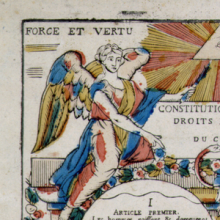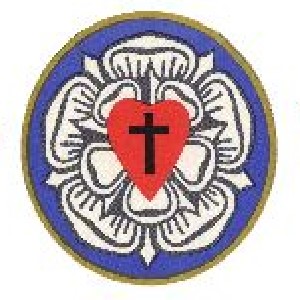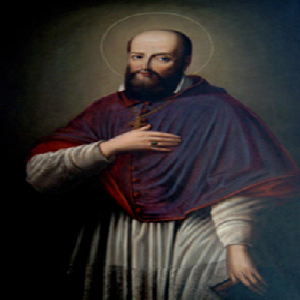Enlightenment

Wetmore Print Collection
While the responsibility of providing historical context for these images remains with the instructor, the images themselves will delight and puzzle students—and, if they are properly prepared, will provide good insight into the historical periods in question as well.
Liberty, Equality, Fraternity
It is this type of versatility, coupled with the topical essays and the intuitive design of Liberty, Equality, Fraternity that makes this site a welcome resource for teachers of European history and world history (and their students).
Vaulted Treasures: Historical Medical Books at the Claude Moore Health Sciences Library
This website features roughly 200 digitized pages drawn from more than 50 medical books published between 1493 and 1819. The website is structured as a virtual exhibit, presenting a separate page for each of 45 authors, including a brief biography of each.
Liberty
Even before the French Revolution, the French had used a woman in a toga to symbolize liberty. By July 1789 this symbol had become quite common and would only grow more familiar over the revolutionary decade.

Source Collection: The Enlightenment and Human Rights
When the French revolutionaries drew up the Declaration of the Rights of Man and Citizen in August 1789, they aimed to topple the institutions surrounding hereditary monarchy and establish new ones based on the principles of the Enlightenment, a philosophical movement gathering steam in the eight

Reason
To contemporaries who subscribed to the Enlightenment principles, preceding the French Revolution, the term "reason" was to be contrasted to superstition.

Project Wittenberg
It contains the largest online collection of Luther’s writings in English, including more than 100 hymns, as well as writings about Luther by many of his contemporaries and later Lutheran scholars.
Vatican Library
But the best use of this site might be to accept it as an exhibit and encourage students to wander through it themselves, stopping where they choose, so that they discover the beauty and variety of the collection.
Christian Classics Ethereal Library
This is still quite easily the best single location of source materials in English for the Reformation period online.Jean–Jacques Rousseau, Emile (1762)
Rousseau was the most controversial and paradoxical of the writers of the Enlightenment. Born in Switzerland, he published important works on politics, music, and in Emile, education. He also wrote one of the most widely read novels of the century, Julie or the New Heloise.